Winter overlanding can offer a completely different adventure with just as much beauty to experience as in warm summer months. You may notice that ideal travel spots are less crowded, but the roads will be snow-covered as well, giving you a more challenging experience on the trails.
Just as there are always general precautions to take while overlanding, it’s especially important to take a few extra steps during winter months. Unpredictable weather and freezing temperatures can turn any adventure into a dangerous situation if you’re not properly prepared. We’ve put together a list of additional precautions to consider while overlanding during peak winter months:
Prepare Your Vehicle
Make sure your vehicle is suitable for traveling across snow-covered, icy roads while pulling your trailer. Take the time to prepare your vehicle properly. Go through your winter checklist to confirm all the systems are in good working order.
• Check Your Tire Tread
• Fill Your Tires
• Replace Filters
• Change Your Oil and Antifreeze
• Check Your Heating System
• Replace Wiper Blades and Fluid
• Inspect Your Battery
Pack for Winter
It sounds obvious, but if you’re new to winter overlanding, you should prepare for a worst case scenario like longer-than-usual hiking in cold weather or spending time without a heat source. Bringing extra dry layers and heavier gear than usual is a good safety precaution. Making sure your sleeping bag is rated for the weather is a wise choice as well.
Go Easy the First Time
If your summer adventures take you way off the beaten path, try a few simpler overland trips in the winter before you tackle what you might in the summer. There may be challenges or limitations you didn’t expect. If you’re solving problems in heavy snow or below freezing, they can be more difficult.
Bring a Friend
Camping alone is a wonderful experience, but unless you’re very experienced at winter camping, having another set of hands and someone to discuss your plans with can be an asset. If this is your first winter camping trip, bring a friend until you’re comfortable with the terrain and reading the weather before you head out. If you choose to camp alone, let someone know when and where you’re going, just in case there is an emergency.
We hope these tips help as you plan your winter overlanding adventure. As with all backcountry camping, we hope your trips go well, stay safe and bring you all the beauty and solitude you’re looking for.
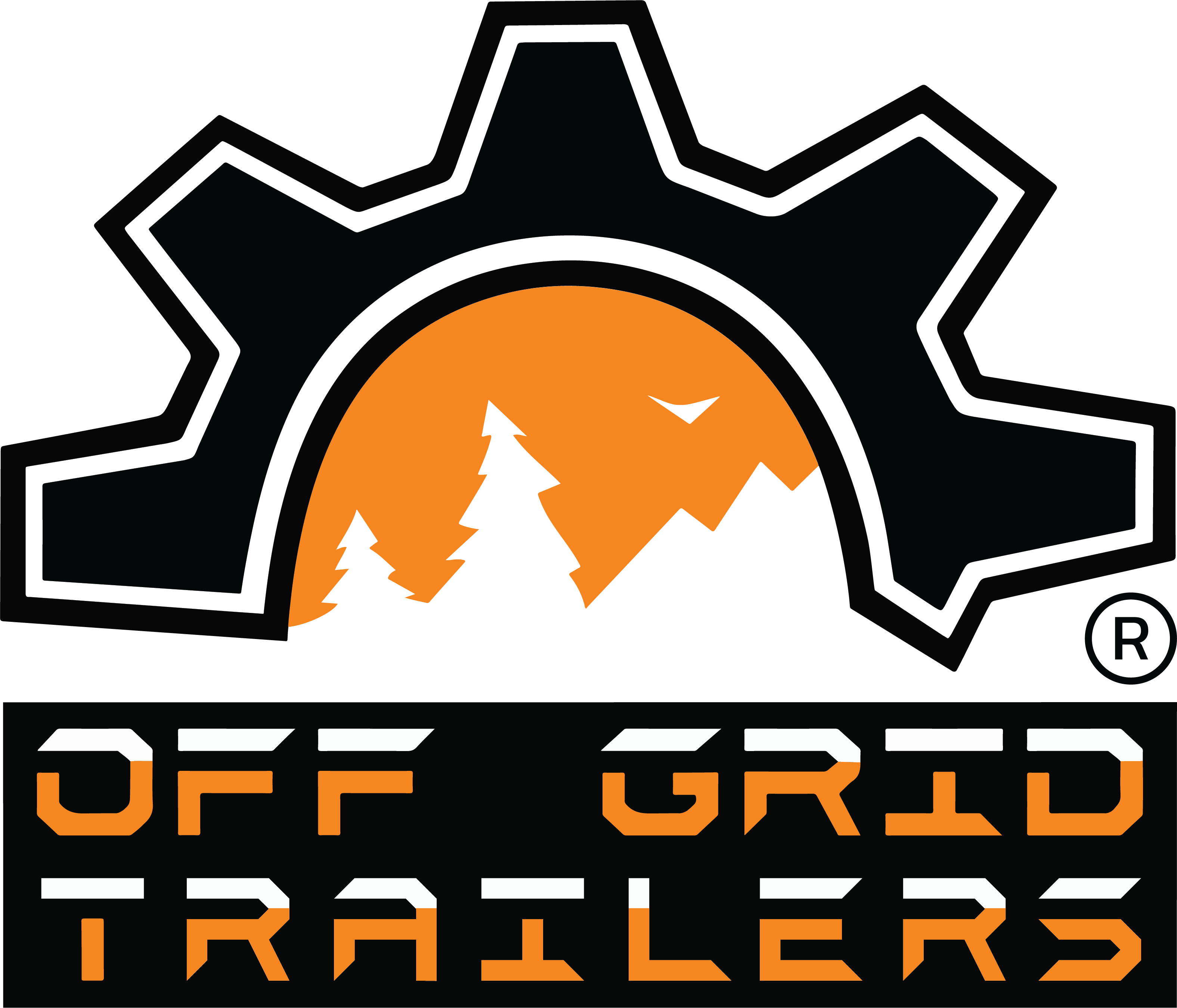
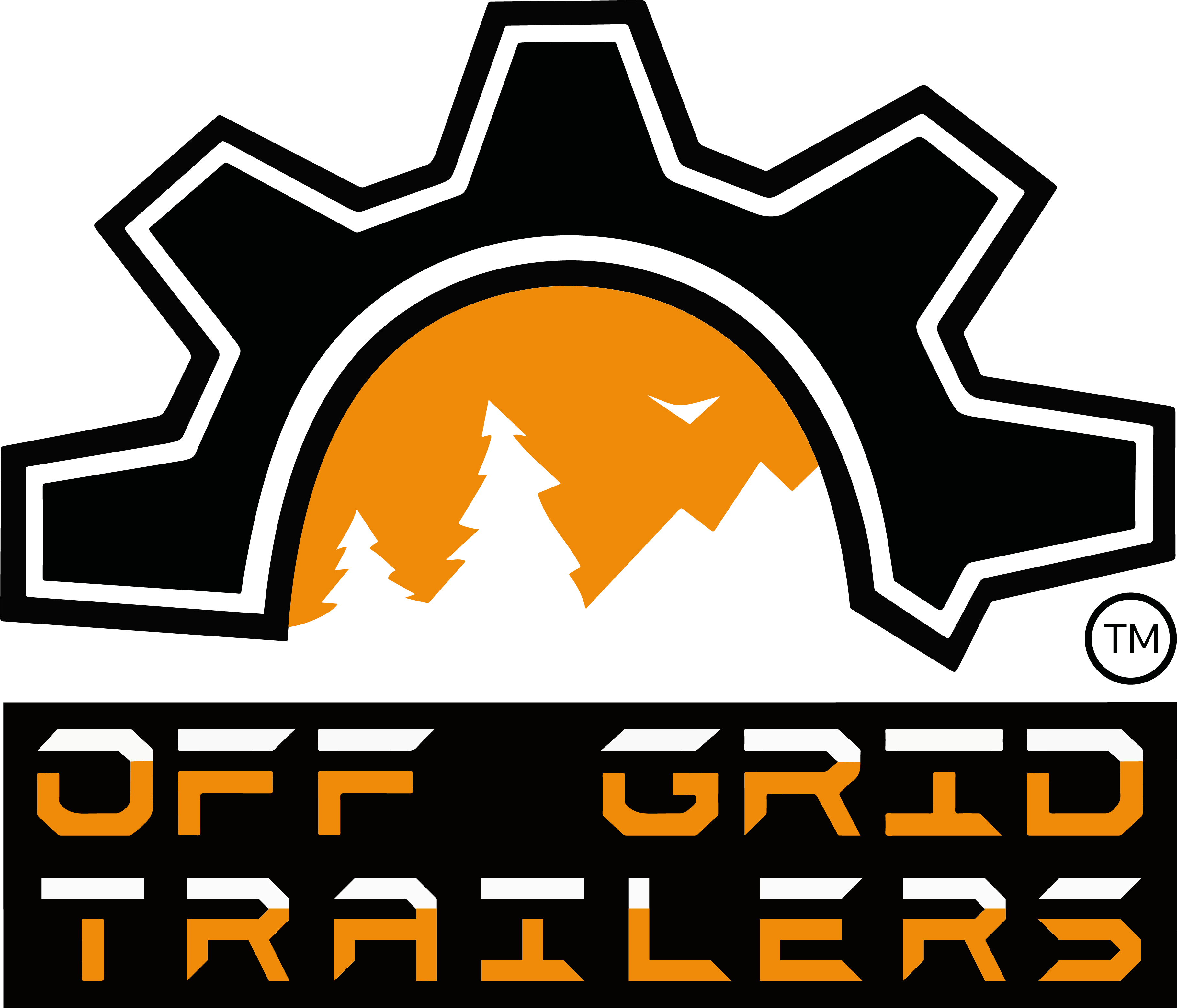
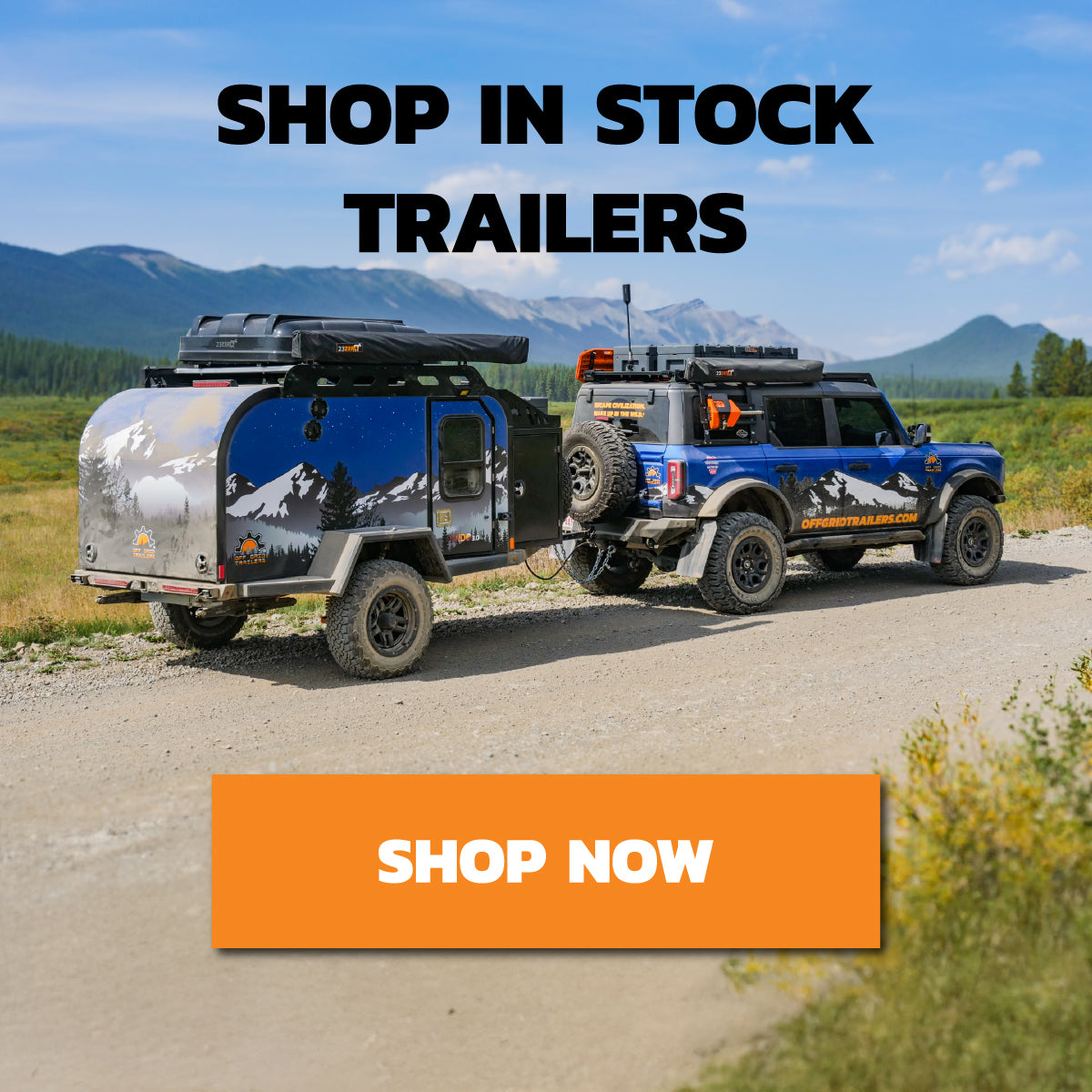
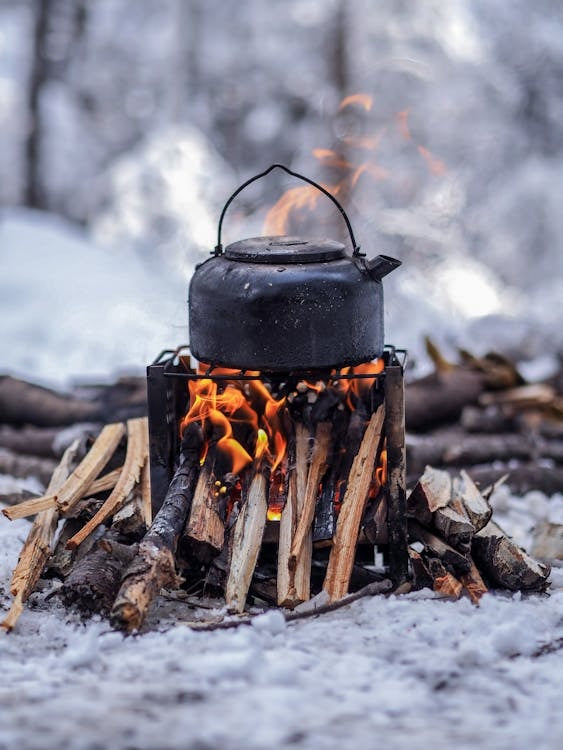
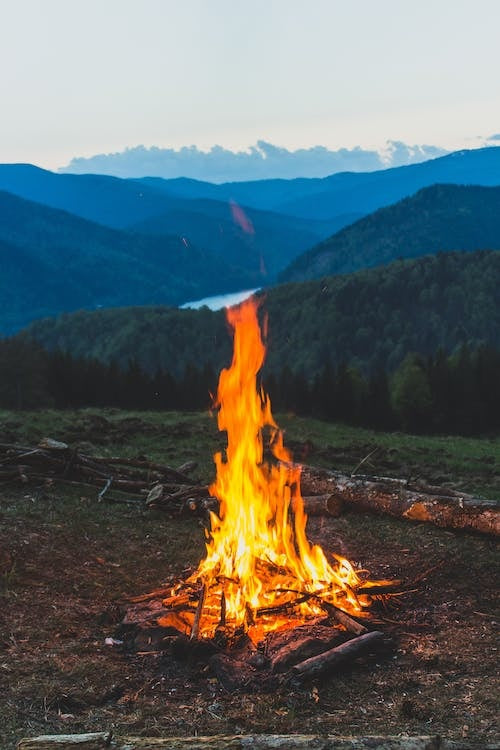


Leave a comment
This site is protected by hCaptcha and the hCaptcha Privacy Policy and Terms of Service apply.